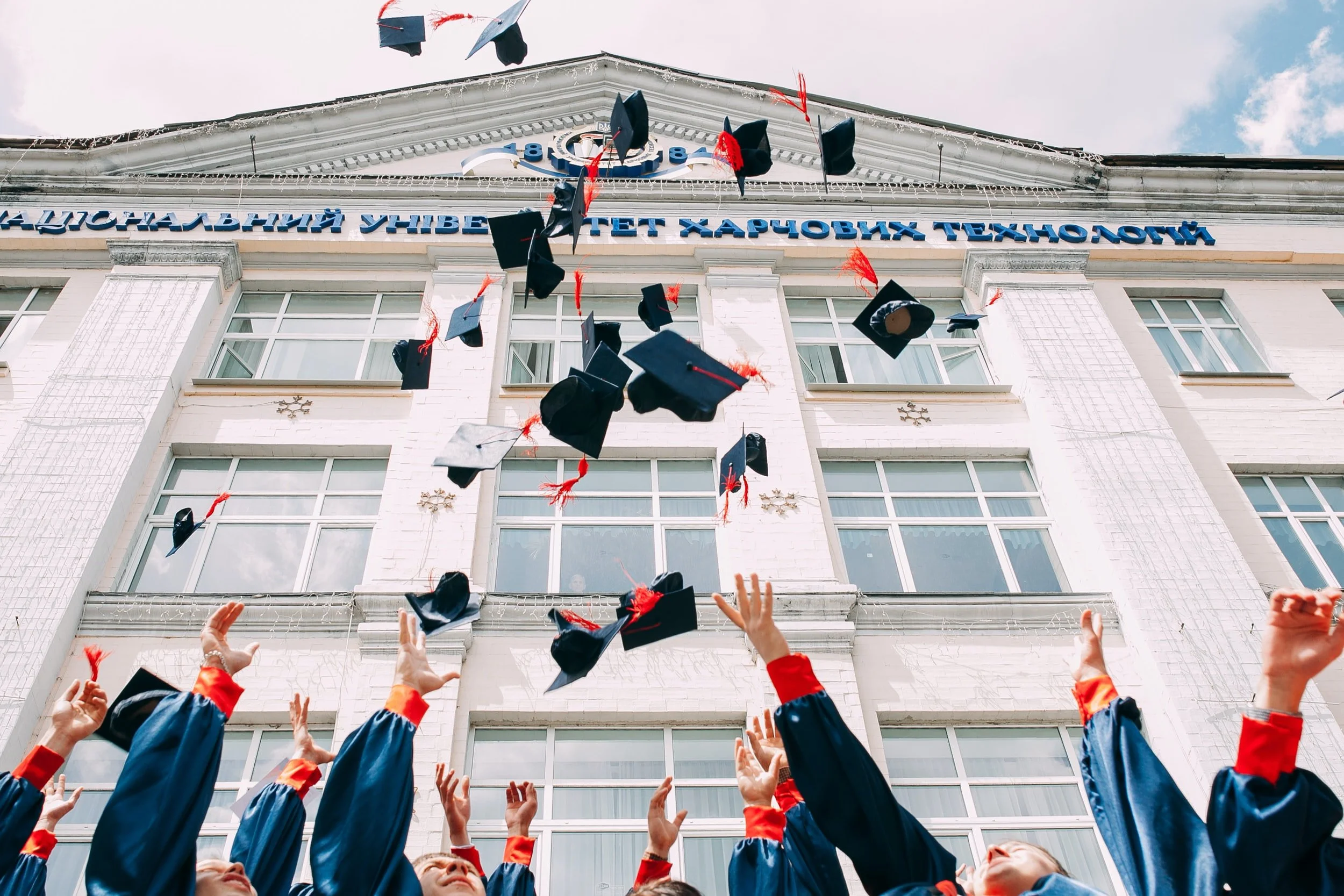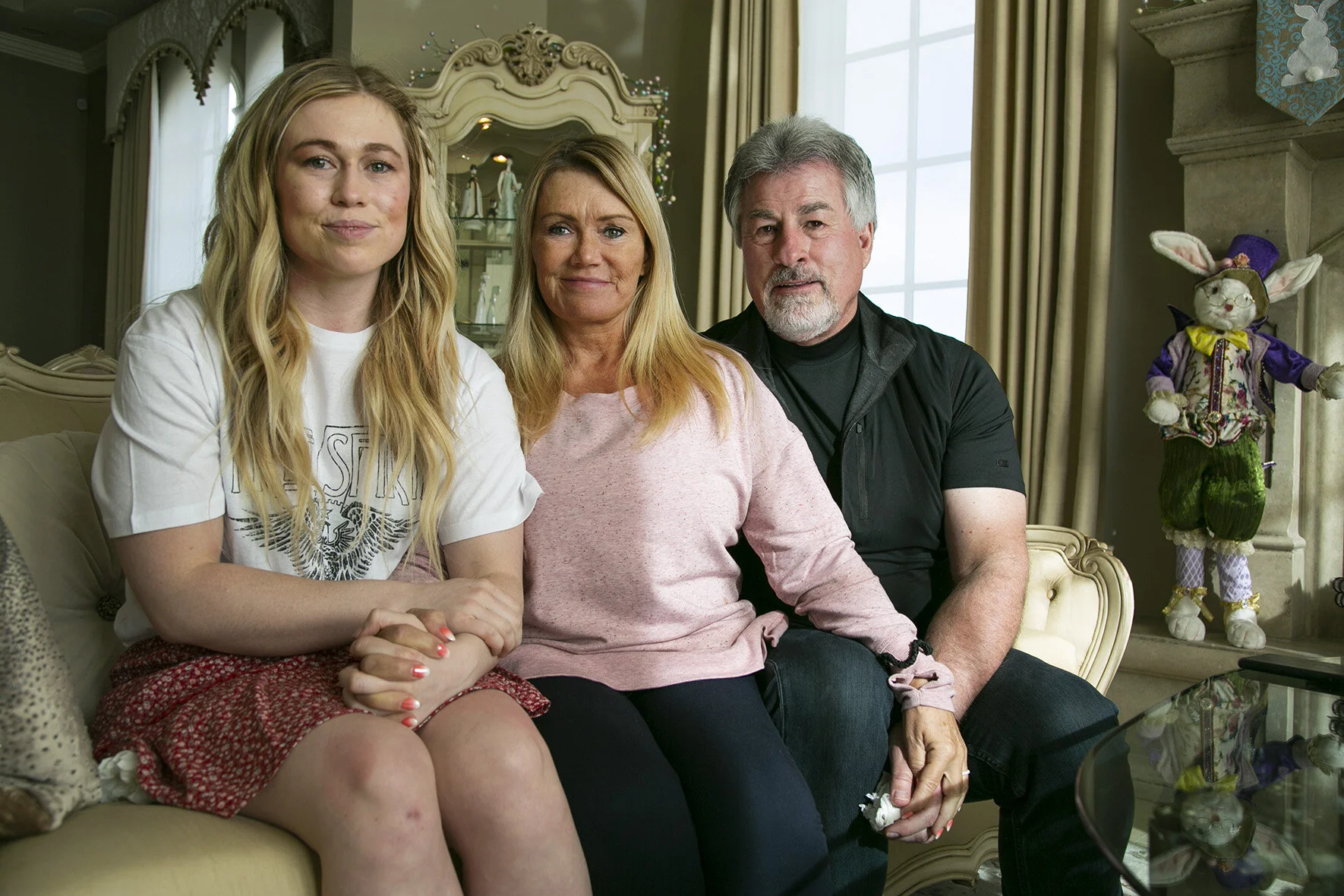How a Colorado Community Put Mental Health First After a Wildfire
How a Colorado Community Put Mental Health First After a Wildfire
By Kate Ruder, Mindsite News, August 1, 2022
word count: 1585
The smell of scorched earth. Worries about breathing contaminated air. Stress over insurance coverage and the question of whether to rebuild. Laurie Branch hears these fears as a licensed professional counselor in Boulder, Colo. helping families afflicted by the Marshall fire last winter – the most destructive in the state’s history.
“Trauma survivors will experience triggers,” said Branch. “With the fire in particular, part of the difficulty is the smell.” For one client, it’s the smell of smoke in her neighborhood where her house remains standing when others all around burned to the ground.
Branch, together with her therapy dog Yasmina, a labrador golden retriever, helps people cope with ongoing anxiety, loss of sleep, substance use disorders, and difficulty focusing seven months after the Marshall fire in Boulder County.
Every time there is smoke or wind, I’m getting calls from therapists and calls from people asking about the program because they’ve been retraumatized.”
JENNIFER BANYAN, JEWISH FAMILY SERVICE BOULDER
On top of the fire, entire communities along Colorado’s Front Range are reeling after a series of traumas, including a mass shooting at a Boulder grocery in 2021 that killed ten people, the ongoing pandemic, and a looming threat of more fires as the West experiences its worst drought in hundreds of years.
In the wake of these disasters, several community-based mental health programs have expanded to offer counseling, with an agility and scope that could be a model for other communities healing after wildfires and other natural disasters.
Counseling the kids
It is summer and schools are out, but counselors Madeline Murphy and Tess Amer are meeting one-on-one with students in Boulder, to help them during the summer, which can be a particularly hard time for families displaced by the fire and without the regular routines and familiar faces of teachers at school.
Amer and Murphy meet students at a nearby park, at their summer school, or schedule video chats.Both counselors work for the Boulder Valley School District as part of a massive effort to provide counseling to families who lost their homes or were forced to relocate due to smoke damage after the Marshall fire.
“It feels really good to make sure those kids aren’t falling through the cracks during the summer,” said Murphy. Some of her students have suicidal thoughts, feel isolated, or are experiencing anxiety about starting at a new school.
Their work aims to boost students’ resilience, says Amer. They tell them: “We can’t predict what happens, but what are the skills or the things that are in our control?
Being mindful of how a fire drill might retrigger trauma for students was top of mind at Monarch K-8 Elementary where Amer worked last spring. One student who was worried about the alarm causing painful memories began leaving the classroom early with Amer to avoid hearing the sound. The last month of school, the student told Amer they felt comfortable staying with their class, adding.that the drill “is just something we do to stay safe.” Adds Amer: “It was really cool to see that micro-growth.”
For Murphy, touring a new high school with a student over the summer and meeting the principal together created a sense of connection for that incoming freshman. “Now that student is excited about high school and that’s the best thing,” said Murphy. “School is their safe place.”
“A thousand kids suddenly homeless”
“The last few years, it’s been crisis after crisis,” said Allison Billings, executive director for Impact on Education, a non-profit that supplements funding and resources for Boulder Valley School District, whose 56 schools were all spared by the fire.
“We had over 1,000 kids who were suddenly, essentially homeless,” said Billings. “We wanted to make sure schools could continue to be their normal.”
The Marshall fire started as a grassfire on December 30, 2021, spreading quickly and erratically with high winds up to 100 mph and dry conditions from a preceding hot, dry autumn. Overnight, it leveled entire neighborhoods and displaced thousands of families whose houses burned or were so damaged they could not return home.
Impact on Education raised $1 million to support students in the area. Within weeks of the fire, it dedicated $600,00 to help hire four mental health advocates to work in the seven schools with students most affected, alongside the 11 mental health advocates who already worked with school social workers and psychologists.
The ability to quickly scale mental health services after wildfires started two years ago as a collaboration between Jewish Family Service Boulder (JFS) and Community Foundation Boulder County. The Wildfire Mental Health Program was founded to offer counseling sessions for families and individuals affected by the Cal-Wood and Lefthand Canyon fires, which burned almost 11,000 acres in Boulder County in 2020.
The program was designed to stay intact and ready to scale if the community had another crisis, said JFS Boulder Director Jennifer Banyan.
This turned out to be prescient. The day of the Marshall fire, Banyan immediately started calling therapists to build upon her bench of 70 counselors. “It was going to be an intense need. I could see that from day one,” she said.
Our community, like many across the country, has experienced devastation. The unthinkable and the unimaginable have happened here.
JULIE DOLAN, LICENSED PROFESSIONAL COUNSELOR
With $250,000 in funding from the Boulder County Wildfire Fund established by Community Foundation Boulder County, Banyan and her colleagues were able to recruit and pay 250 therapists to work with more than 500 families and individuals, who can each receive ten free sessions. Some of the therapists came out of retirement or opened up previously closed practices.
Julie Dolin, a licensed professional counselor and dance and movement therapist, is currently working with two families affected by the Marshall fire. One includes a teenager whose life was disrupted by the trauma of losing his home and having to live in a hotel; he was unable to return to school due to physical and emotional issues. At the hotel, he lacked a predictable routine and his parents were intensely focused on securing long-term housing, “Adults are trying to manage the unmanageable,” said Dolin, and that also impacts kids. The teenager now feels ready to return to school and plans to do so in August.
“Our community, like many across the country, has experienced devastation in several forms over the last few years,” Dolin said in an email. “The unthinkable and the unimaginable have happened here. We are working with trauma and grief, which are closely related.”
Mental health services critical to rebuilding
Mental health programs were some of the first to be funded by the Boulder County Wildfire Fund, which has raised some $40.8 million from over 77,000 donors to help Marshall fire victims. Funding mental health after trauma and disaster is critical, said Eric Schoenborn, vice president of engagement for Community Foundation Boulder County.
“It’s an important gap to fill; It’s not just the right thing to do,” he said. “You have better outcomes in your community as a result. For the Marshall fire, it’s important that we don’t lose so many families.”
Cameron Peak Fire, which burned more than 208,000 acres in August 13 2020. Credit: Chad Claeyssen/Shutterstock
While the national 5-year rebuild rate after wildfires is 25%, the foundation and its partners are aiming for a 75% rebuild rate in unincorporated Boulder County, Louisville and the town of Superior. The foundation has committed an additional $750,000 to support mental health services in the coming year.
This summer, many of the neighborhoods struck hardest by the fire have been cleared of the largest debris, but scars from the fire are everywhere. Families are grappling with the fear of underinsurance, the stress of relocation, and the cost of rebuilding. “In some ways, it feels more traumatic now,” said Billings of Impact on Education. “It’s six months afterward that reality is setting in.”
Suburban and rural communities throughout Colorado face a stark future of wildfires, with the increasing risk in the wildland-urban interface – the places where human-made development and natural areas meet.Scientists highlighted the need to better understand the impact of “increased frequency, duration, and severity of wildfires” on community mental health in a 2021 report from the University of California Los Angeles.
The Wildfire Mental Health Program, created before the Marshall fire, is designed to stay intact and ready to scale if the community has another crisis.
When school resumes this fall, four mental health advocates will continue observing students at lunch or in classrooms, meeting with them during school hours and following up with teachers and parents, Billings said. She sees nimble, scalable mental health services in schools as powerful tools that could be successful for other communities.
For Banyan, the impact is clear. This spring she had to evacuate after another fire in Boulder along with thousands of her neighbors, some of whom had resettled in the community after losing their homes to the Marshall fire. “Every time there is smoke or wind, I’m getting calls from therapists and calls from people asking about the program because they’ve been retraumatized,” she says. “I think we need to realize that this might be the new normal.”
Banyan now wakes up every day wondering how she can create more capacity for mental health support as people rebuild. Her organization hopes to add up to 10 therapists who accept insurance to its roster. “I don’t see the need going down,” she concludes. “I see the need changing.”






